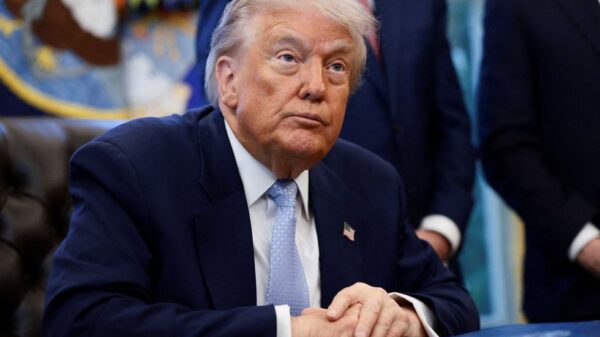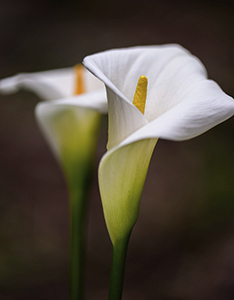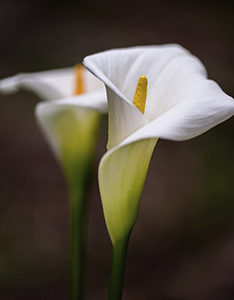In a bold display of solidarity, Taiwanese President Lai Ching-te shared images of himself enjoying sushi, signaling support for Japan as tensions escalate between Tokyo and Beijing. This gesture follows reports that China intends to suspend Japanese seafood imports in response to remarks made by Japan’s new Prime Minister Sanae Takaichi regarding military intervention in Taiwan.
The ongoing friction stems from Takaichi’s comments earlier this month, suggesting Japan might act militarily if Taiwan comes under attack. China, which claims Taiwan as part of its territory, has issued threats of force to assert its control over the self-governing island. In reaction to the situation, Lai, a staunch advocate for Taiwan’s sovereignty, criticized Beijing for its actions that he claims jeopardize regional peace.
Public Support and Culinary Symbolism
On social media, Lai posted a photograph of himself smiling while holding a plate of sushi, accompanied by the message, “Today’s lunch is sushi and miso soup,” and hashtags referencing Japanese ingredients such as #Yellowtail from Kagoshima and scallops from Hokkaido. This culinary reference was not just a personal choice but a calculated political statement that underscores the strong ties between Taiwan and Japan.
In addition to the sushi post, Lai suggested in a video on Instagram that now might be an excellent time to indulge in Japanese cuisine. He stated, “It fully shows the strong friendship between Taiwan and Japan.” His efforts to bolster support for Japan come at a time when tensions with China are intensifying.
The Chinese Foreign Ministry dismissed Lai’s social media activities as a “stunt,” further escalating the diplomatic rift. This exchange of barbs occurred shortly after media reports indicated that China would halt imports of Japanese seafood, a move that neither government has officially confirmed. Despite the tensions, Japan’s Chief Cabinet Secretary Minoru Kihara maintained that Japan’s position on Taiwan remains “unchanged.”
International Reactions and Diplomatic Moves
The situation has sparked concern beyond the region, with George Glass, the U.S. ambassador to Japan, voicing unwavering support for Tokyo. In a social media post, he stated, “Coercion is a hard habit to break for Beijing,” affirming that the United States will stand by Japan, as it had during China’s previous seafood import ban.
Meanwhile, Taiwanese Foreign Minister Lin Chia-lung condemned the tactics employed by the Chinese Communist Party (CCP), which he accused of using economic coercion and military intimidation against other nations. He encouraged Taiwanese citizens to travel to Japan and support Japanese businesses, stating, “At this critical moment, we must support Japan to stabilize the situation and stop the CCP’s bullying behavior.”
As these diplomatic tensions unfold, the impact of the situation is being felt in various sectors. Reports indicate that at least two Japanese films will be postponed in China, contributing to a growing cultural divide exacerbated by political disagreements. The situation remains fluid, with Japan scrambling jets following the detection of a suspected Chinese drone near the southern island of Yonaguni, which lies close to Taiwan.
As diplomatic efforts continue, observers note that there is currently no clear resolution in sight to ease the strained relations between Tokyo and Beijing. A senior Japanese diplomat recently visited Beijing for discussions, but significant progress remains elusive.






































































